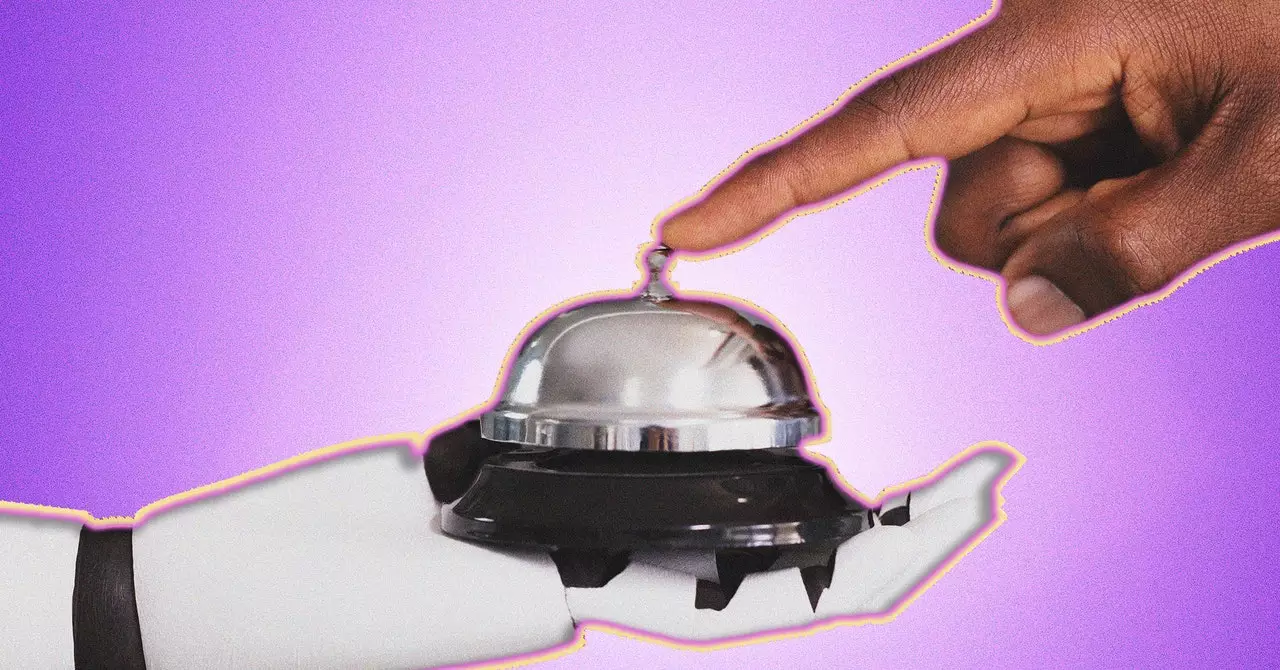The hospitality industry is undergoing a radical transformation powered by artificial intelligence (AI). Among its most intriguing manifestations is the emergence of AI voice assistants designed specifically for restaurants. Instead of being ordinary customer service tools, these intelligent systems are reshaping the way dining establishments interact with their patrons. This article explores the mechanics, benefits, and potential impact of AI voice assistants on the restaurant experience.
Imagine picking up the phone to inquire about a restaurant’s offerings. Instead of a harried host struggling to answer questions between table turns, you are met with a calm, pleasant voice. In the example provided, “Jasmine,” the AI assistant of Bodega, serves as an online emissary, albeit with a degree of emotional depth programmed into her tone. This approach presents a notable contrast to the traditional perceived coldness of technology, as Jasmine conveys a sense of empathy while delivering factual information.
However, Jasmine’s response also reveals a limitation inherent to AI technology: while she provides answers to standard inquiries, she lacks the intuitive emotional understanding a human host might bring to a conversation. This raises the question of whether these AI systems can fully match the warmth of human interaction, especially in settings where personal connection enhances the dining experience.
Startups such as Maitre-D, Newo, and RestoHost are rapidly capturing the restaurant sector, addressing a specific need for efficient customer engagement. These AI systems can operate around the clock, offering a solution for restaurants inundated with calls from customers looking to secure reservations or have simple questions answered. From an operational standpoint, this technology eases the workload on restaurant staff, who often find themselves overwhelmed during peak hours by numerous calls.
Generally, AI voice assistants enable establishments to handle the significant volume of incoming calls—often reaching up to 1,000 calls monthly. They serve as an effective buffer, allowing human staff to focus on in-person customer service. As highlighted by industry professionals, the technology has quickly become instrumental in managing the demands of a busy dining environment.
Understanding Consumer Behavior
Despite the prevalence of digital reservation systems like Google and Resy, a substantial portion of patrons still prefer to call restaurants directly. This behavior appears driven by various factors, including the desire for immediate answers, particularly among older generations and tourists. These individuals often opt for the familiarity of a phone call, especially when navigating last-minute dining options.
Furthermore, AI voice assistants like those from Slang and others are designed to cater to this demographic by offering a friendly, reliable interface that bridges the gap between technology and traditional hospitality. The existence of an AI system that can swiftly address basic queries enhances customer satisfaction while alleviating frustration commonly associated with waiting on hold or receiving inadequate online support.
Advantages and Challenges
The advantages of utilizing AI voice assistants are manifold. For restaurants, the technology promises improved efficiency, reduced wait times for customers, and enhanced customer experiences through streamlined bookings and inquiries. The ability to handle multiple languages is another noteworthy benefit, catering to the diverse clientele that modern restaurants face in metropolitan areas.
However, there remain challenges. The potential for miscommunication or misunderstanding must not be overlooked, as nuances in customer requests may not be fully captured by AI systems. Additionally, there are concerns about the loss of human touch in customer service, which could alienate some patrons who cherish the traditional dining experience.
The Future of Dining Experiences
As the restaurant industry continues to evolve, the integration of AI voice assistants signifies a shift towards a more technologically advanced hospitality sector. The comfort of hearing a friendly voice on the other end of the line may very well redefine customer expectations and service standards.
While AI voice assistants like Jasmine herald the dawn of new possibilities, they also challenge restaurateurs to strike a delicate balance between leveraging technology for efficiency and preserving the organic human touch that makes dining out a unique experience. As this trend expands in the coming years, it will be essential to monitor its implications for customer engagement, workforce dynamics, and the overall atmosphere of the dining experience.

